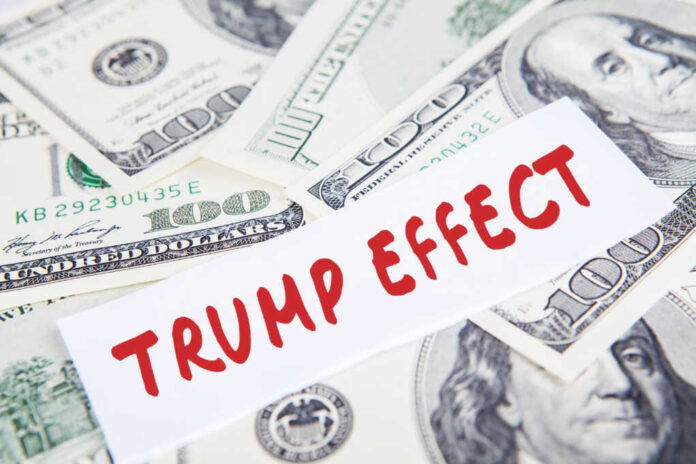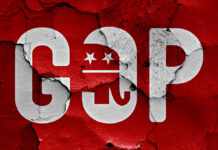
A recent survey showed that more Americans view the economy under former President Donald Trump more favorably than that under President Joe Biden. The news came amid a series of polls that showed disapproval of Biden’s approach to the economy, as well as a recent report showing inflation being hotter than expected.
According to a Rasmussen Reports poll, 48% of Americans said that Biden’s economic policies were better than Trump’s. Only 37% said that the current president’s economic approach was better.
🚨 Joe Biden Self Owns 🚨
As a matter of fact, yes, Americans were FAR BETTER OFF under Trump.
ABC NEWS POLL: Joe Biden's 31% approval on job performance with the economy is historically the WORST EVER. pic.twitter.com/5Z4y9HN0lO
— Kurt Schemers (@KurtSchemers) March 21, 2024
Another 12% said that there was not much difference between the two.
The president also received a tepid report from Black voters, of whom Trump is gaining significant ground. Among Black voters, just 43% said that Biden’s economic policies were better, compared to 36% who supported Trump’s.
A full 26% of Democrats preferred Trump’s approach.
According to a March Gallup poll, the president received an economic approval rating of 37%. The poll also brought other negative news, including his historically-low general approval rating, of just 40%.
The president’s economic approval rating also included just 8% of Republicans and 33% of independents. Among Democrats, only 74% approve of his policies.
The president also received negative marks on other policies, including just 33% approving on foreign relations and just 27% approving of his approach to the current conflict in the Middle East.
The higher rate of inflation could have significant impacts on the national economy, which could in turn have a major impact on the presidential race. Inflation has caused prices to be almost 20% higher on average during Biden’s term compared to Trump’s presidency.
Should inflation remain high or go even higher, it could impact the rates at which Americans borrow. A higher-than-expected inflation report could cause the Federal Reserve to not cut rates later this year, as the central bank is widely believed to have planned. Higher inflation could also lead to a possible increase in interest rates, which would increase borrowing costs and the chance of a recession.










